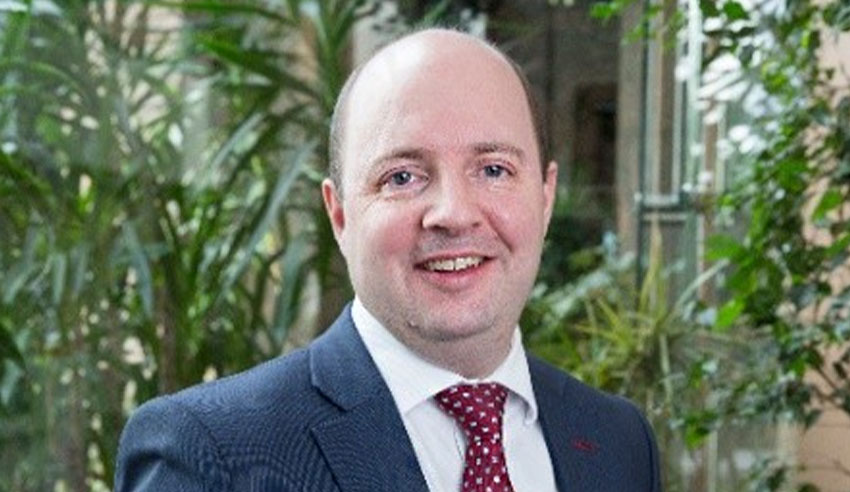The challenge for global law firm managers is to understand the differing cultural points around their organisation across the globe, writes Matthew Kay.

Encouragingly, conversations around work-life balance and mental health in law firms are becoming more mainstream and real change is being effected through some thoughtful and creative initiatives.
We still have a long way to go, evidenced by recent statistics published by the Australasian Legal Practice Management Association revealing seven out of 10 legal professionals surveyed believe more can be done to achieve true work-life balance. But we’re definitely on the way.
The conversation is now dominating the agendas of many of the global law firms. In Australia, mental health and wellbeing is a staple of the conference and awards circuit. For example, the inclusion of “Wellness Advocate of the Year” and “Wellness Initiative of the Year” categories in Momentum Media’s Australian Law Awards and Women in Law Awards, and the session on Managing Your Own Health and Wellness at its Corporate Counsel Summit.
The London legal market has a similar story to tell: The Mindful Business Charter aims to improve work-life balance for City lawyers by means of a “bilateral collaboration” with their GC clients. This is so that attempts within a law firm, for example to halt a long-hours culture, are not constantly undermined by clients’ demands that their lawyers stay late into the evenings to respond to their requests.
In Germany, strict laws are in place to ensure lawyers do not work more than 48 hours a week and are not allowed to return to work for 11 hours after downing tools the afternoon or evening before.
As one pundit at ALPMA put it, “Working in the legal profession is incredibly rewarding, but there’s no question that it can also be challenging and stressful at times. In the same way that law firms protect their computer systems by installing firewalls, they should be protecting their staff by investing in programs and other opportunities to improve mental health”.
However, the same concerns are not necessarily the top priority for all law firms, particularly those of a more traditional nature, where a sense of “duty” may often override a lawyer’s thoughts of “being good to themselves”. The cultural points go deep and can often undermine even governments’ attempts to bring change. There has to be buy-in from both employers and employees if real change is going to be seen.
For those in law firms and law departments in corporates who are responsible for managing international teams that cross such cultural divides, this can be a tricky territory. Managers have a moral, and in some places legal, duty to watch out for the mental health and wellbeing of staff, to discourage overworking and encourage sustainable, healthy working practices.
But if some parts of their team do not share a sense of the importance of this for cultural reasons, and are constantly turning down opportunities to adjust their workstyles, what is a manager to do?
The key is to understand where the resistance is coming from and finding new ways to bring these individuals around in their thinking. Is there another way to persuade them of the value of work-life balance and the need to adjust their workstyles? If it is not about creating more personal time for themselves, could it be about giving that time to others? What if these individuals were told they could work flexibly?
Then they could have time to look after their parents, and other family duties, and continue a fulfilling career – and giving value to their employers at the same time. At Vario, where we specialise in providing contract lawyers to bolster busy in-house legal teams, we see evidence of this: enquiries about Vario roles are sometimes from professionals at this stage in their careers.
The challenge for global law firm managers is to understand the differing cultural points around their organisation across the globe, and be able to present the same opportunities for work-life balance and healthy workstyles for everyone, but presenting them differently so they resonate with people living in different cultural contexts.
Mental health and wellbeing should be the norm for all lawyers, wherever they are in the world.
Matthew Kay is the managing director of Vario at Pinsent Masons.